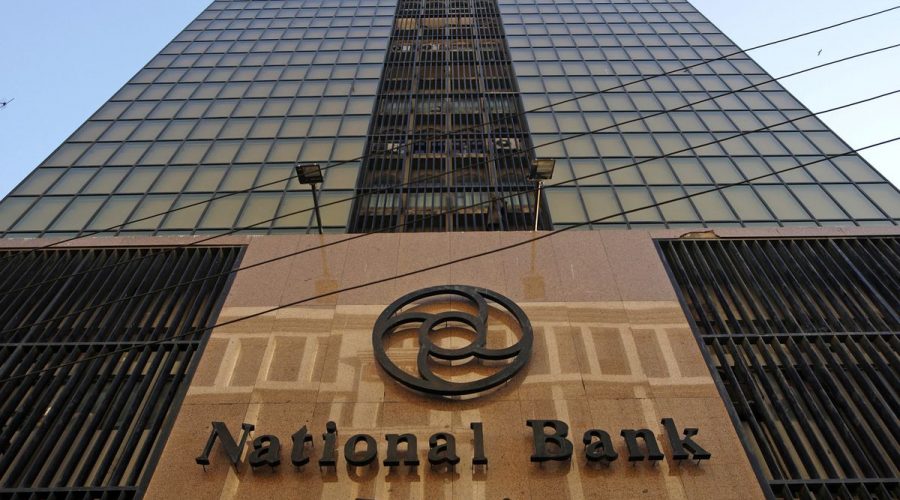Money laundering charges on the The National Bank of Pakistan (NBP), one of the country’s largest banks with 21 overseas branches, has been fined USD 55 million by the US regulators for violating anti-money-laundering rules.
The US Federal Reserve Board announced a $20.4 million penalty against NBP, which operates in the United States as a foreign bank headquartered in Pakistan, for anti-money laundering violations. In a separate statement, Superintendent Adrienne A. Harris of the New York State Department of Financial Services (DFS) announced the imposition of another penalty of $35 million penalty on the bank for repeated compliance failure. The probe was conducted in 2014 and 2015.
With the announcements and the bank’s New York branch agreeing to pay the hefty fine, led to a 7.2 percent fall in the bank’s shares, several financial news outlets have reported.
The DFS said that examinations conducted by the department and the Federal Reserve Bank of New York in 2014 and 2015 found that the New York branch had inadequate Bank Secrecy Act / Anti-Money Laundering (BSA/AML) compliance programmes, serious issues with its transaction monitoring system, and significant shortcomings in managerial oversight. As a result, in 2016, the DFS and the board took enforcement action against the NBP resulting in a written agreement in which the bank acknowledged its oversight and compliance deficiencies and agreed to remediate them.
Money Laundering charges on the national bank of pakistan
US regulators have fined the National Bank of Pakistan.
In addition to payment of a $35m penalty, the NBP will be required to “create a written plan, acceptable to DFS, detailing enhancements to the policies and procedures of the bank’s BSA/AML compliance programme, its suspicious activity monitoring and reporting programme, and its customer due diligence requirements”.
The Pakistan Government owns the bank 75 percent and salaries to its overseas staff in the US are disbursed through its Washington Branch. The new crisis could affect this task, reliable sources in New York familiar with money transactions said. The bank’s Washington office said it had stopped most public dealings in September 2011.
Notably, the global anti-money laundering watchdog, the Financial Action Task Force (FATF), has placed Pakistan on its ‘grey list’ for deficiencies in its counter-terror financing and anti-money laundering regimes since June 2018.
Earlier also many Pak banks in the US & EU faced penalties in connection with anti-money laundering violations. The country’s largest, Habib Bank Limited (HBL) of Pakistan was even forced to close its New York Branch in 2017. HBL, also faced a similar fine in 2017, when US regulators initially imposed a penalty of $630 million for non-compliance of anti-money laundering laws, which was later revised down to $225 million.
Pakistan’s banking sector is prone to money laundering activities. Further, the US authorities have taken note of several Pakistani operatives, or those of Pakistani origin, engaged in terrorism or at least, fomenting and funding it. Dr Tawahhur Hussain Rana, a Pakistan origin medico and travel businessman based in Canada, is currently being tried in a California court for extradition to India for facilitating the visits of Daud Gilani aka David Coleman Headley, in the 2008 terror attacks in Mumbai.

